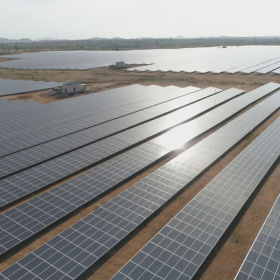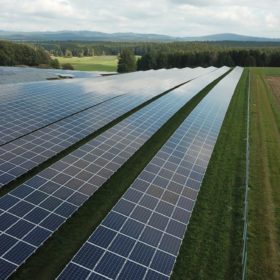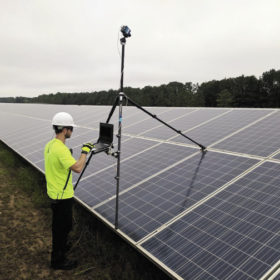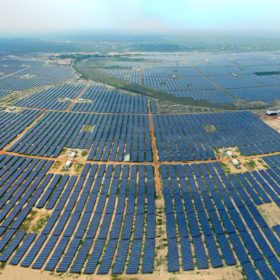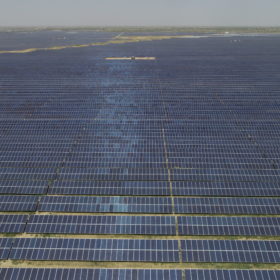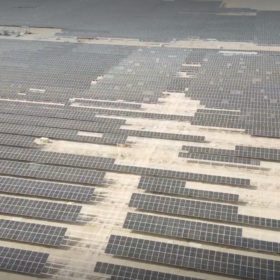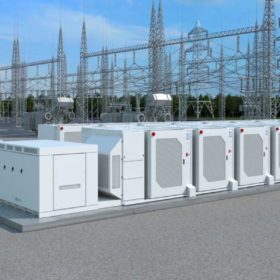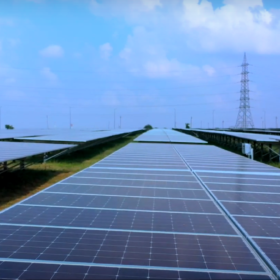MicroSun Solar resumes module manufacturing operations
The Bengaluru-based solar module manufacturer, which has a state-of-the-art facility with capacity of 150 MW per annum, had closed the operation of its units since March 24 after the government announced lockdown to contain Covid-19 spread.
Problems observed in solar module mounting structures in India
Findings from solar installation sites in Gujarat and Rajasthan and some suggestions to handle the issues.
Australian miner launches feasibility study on India’s first lithium refinery
Australia based Neometals and India’s Manikaran Power—which announced their collaboration on India’s first lithium refinery last year—have also doubled the proposed refinery capacity to 20,000 tonnes per annum of lithium hydroxide.
Renewable power poised for a big leap with storage technologies
While the solar and storage pairing is still relatively new, the growth over the next five years will be significant globally. As against just 5% in 2019, by 2025 more than 25% of all behind-the-meter solar systems will be paired with storage.
Covid lockdown: Thermal power generation hit, renewable continues unabated
India Ratings says the power demand declined for March and April 2020, taking a hit on generation from thermal sources as renewables continued to enjoy ‘must run’ status.
Solar, wind and hydro resilient during Covid-19 crisis
A study by the International Energy Agency into the chilling effect of the Covid-19 pandemic on energy demand states renewables will be ‘the only energy source likely to experience demand growth for the rest of 2020’. The slower the economic recovery, the more the fossil fuel industry will suffer.
Solar industry gets more time to submit responses for safeguard duty review
The Directorate General of Trade Remedies (DGTR) has granted an extension till May 11 for the solar manufacturers and importers to file their responses as it probes the need for continuing with the imposition of safeguard duty on solar cells, whether or not assembled into modules.
The long read: EL to the field – Assessing plant health
Electroluminescence imaging is gaining traction in the field at project sites for operations and maintenance and to support PV plant mergers and acquisitions. EL testing can help PV asset owners evaluate power plant system health and can predict potential future underperformance and failures. Tristan Erion-Lorico, the head of PVEL’s module business, and dowstream business chief Andrew Sundling discuss the outlook for this enabling technology.
LCOE from large scale PV fell 4% to $50 per megawatt-hour in six months
Analysts at Bloomberg New Energy Finance say the lowest-cost projects financed in Australia, China, Chile and the UAE in the last six months hit a levelized cost of energy of just $23-29/MWh and the best solar and wind projects will produce electricity for less than $20/MWh by 2030.
Indian solar generators largely unaffected amid Covid crisis, says Fitch Ratings
Liquidity of solar generators remains largely unaffected as they have been receiving payments from Discoms regularly. Azure and Adani Green Energy restricted groups, in particular, have comfortable liquidity position and will be able to meet their mandatory expenditure in the next six to 12 months.
